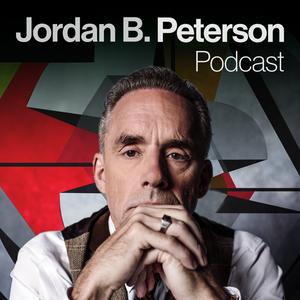
In this episode of “The Rich Roll Podcast”, Rich Roll interviews U.S. Surgeon General Dr. Vivek Murthy about America’s epidemic of loneliness. Dr. Murthy discusses the impact of loneliness on our physical and mental health, the societal factors contributing to this issue, and the need for a culture shift to prioritize connection and belonging. He also shares insights on the role of the Surgeon General and the importance of addressing loneliness at both an individual and societal level.
Loneliness has become a widespread issue in America, with one out of every two Americans experiencing measurable levels of loneliness. This epidemic has serious consequences for our physical and mental health, increasing the risk of heart disease, dementia, stroke, and premature death. Chronic loneliness can also lead to inflammation in the body, further contributing to illness. To address this problem, we need a major culture shift that prioritizes rebuilding connections in our individual lives and in society. It requires a revolution of consciousness, recognizing the importance of human connection and belonging.
The Surgeon General is a vice admiral in the US Public Health Service, responsible for informing the public about critical public health threats and overseeing the US Public Health Service Commissioned Corps. The Surgeon General’s role is independent and focused on protecting public health. This position has a rich history rooted in maritime protection against disease. The Surgeon General has the authority to build an agenda based on public health needs, with a commitment to science and the public interest.
Loneliness is a deeply personal issue that affects many people, including those in hospitals and healthcare settings. However, it is often overlooked in medical curricula. People may not explicitly express their loneliness, but they may feel invisible and unimportant. This experience is common among individuals with demanding careers and limited time for relationships. Reconnecting with old friends can be intimidating, but it can have a profound positive impact on mental health.
The epidemic of loneliness can be attributed to various cultural factors. Social media, despite increasing connectivity, has made people feel worse about themselves and their friendships. It has also led to a decline in participation in community organizations and the loss of informal ties. The prioritization of individualism over collectivism has further contributed to a sense of disconnection. Rates of loneliness are higher among young people, highlighting the need to address these cultural factors and rebuild meaningful connections.
The conversation with U.S. Surgeon General Dr. Vivek Murthy sheds light on America’s epidemic of loneliness and the urgent need for a culture shift that prioritizes human connection and belonging. Loneliness has profound consequences for our physical and mental health, and it is a deeply personal issue that affects many individuals. Addressing this issue requires both individual actions and systemic changes, with government, private sector workplaces, and educational institutions playing crucial roles. By choosing love, kindness, and service, we can reshape our society and create a future where everyone feels seen, heard, and valued.